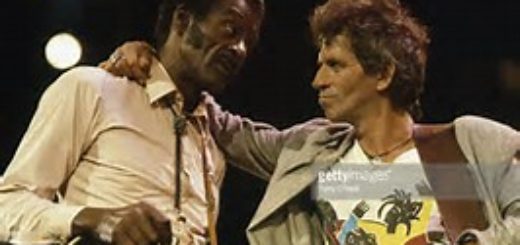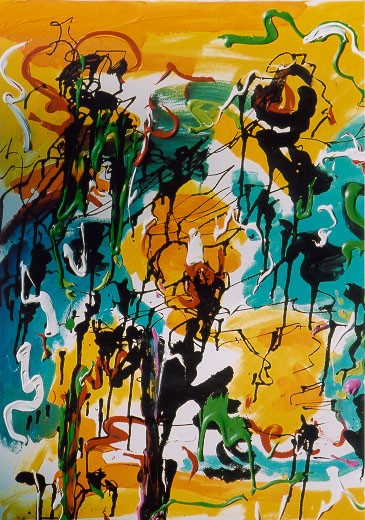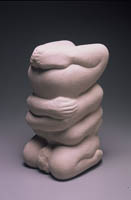John Lennon’s “Happy Xmas (War Is Over)” a Christmas Treat
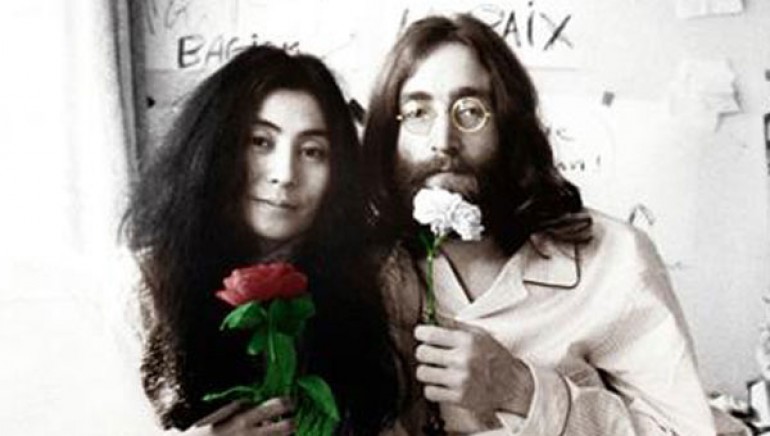
John and Yoko’s Christmas song is a stirring reminder of their unique anti-war activism.
This is the month we mourn the anniversary of John Lennon’s untimely death by an assassin’s bullet. It was the kind of day (Dec. 8, 1980) when everyone remembers exactly where they were when they heard the news.
Like millions of Americans, I heard about it from sports announcer Howard Cosell during the telecast of Monday Night Football. I was watching the game with my boss in a dive bar in Dayton, Ohio. Lennon’s death stunned me. I remember I called in sick the next morning and wrapped myself in a blanket for the entire day listening to radio station WTUE-FM playing Beatles and John Lennon songs wall-to-wall.
With the holiday season upon us, we can be thankful that John Lennon and Yoko Ono left us with a Christmas song, “Happy Xmas (War Is Over),” to constantly stoke our memories.
The Plastic Ono Band
The original song was released on December 1, 1971, as a Phil Spector-produced 7″ single by John Lennon and Yoko Ono and The Plastic Ono Band. That’s a late release for a Christmas song by industry standards, so it got limited radio play in its first year and failed to chart.
But “Happy Xmas (War Is Over)” has grown in popularity over the years, and is now standard fare in holiday tape loops in malls, car radios, and gatherings throughout the world.
The Harlem Community Choir
Listeners are especially fond of the young voices singing backing vocals in the song. On October 28, 1971, at the Record Plant in New York City, the Harlem Community Choir–30 children between the ages of four to 12 years old–were herded in to sing the rousing sing-along chorus.
Here is an excellent three-and-a-half-minute video of the song, with the Harlem Community Choir singing gleefully, published by John Lennon via YouTube:
Selling World Peace
The origin of “Happy Xmas (War Is Over)” coincides with Lennon’s and Ono’s deliberate and perhaps eccentric campaign against the Vietnam War.Â
The year was 1969 and the streets were teeming with anti-war activists. In the spring of that year, with Lennon still officially a Beatle, John and Yoko began a series of “Bed-Ins for Peace” in their honeymoon suite at the Amsterdam Hilton. A second Bed-In followed in Montreal, where Lennon wrote and recorded the song, “Give Peace a Chance.”
Asked about their unique form of anti-war activism, Lennon remarked, “We are protesting against any forms of violence. There’re many ways of protest, and this is one of them.”
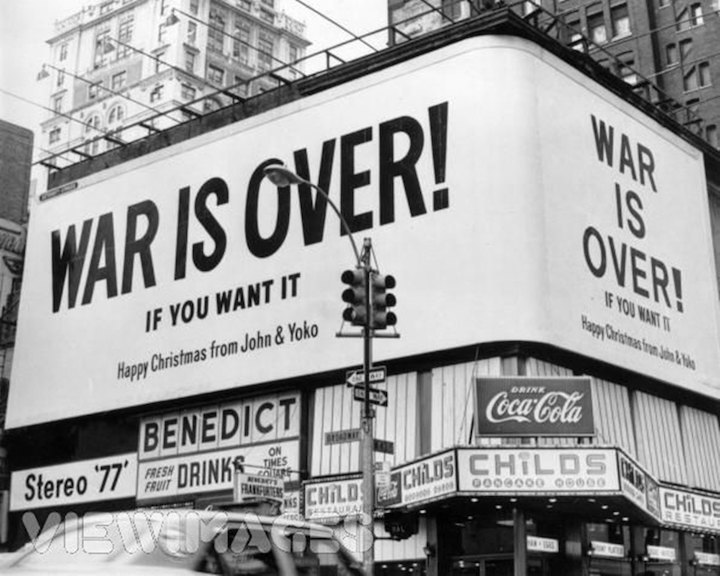
Love and Admiration
In December of that year, a billboard campaign (see above image) was launched in 12 cities around the world. Who knew the message would become the basis of an iconic Christmas song two years later?
In its 20th year remembrance of Lennon’s death, Time Magazine wrote:
John Lennon was not God. But he earned the love and admiration of his generation…because he instinctively decided to use his celebrity as a bully pulpit for causes greater than his own enrichment…
